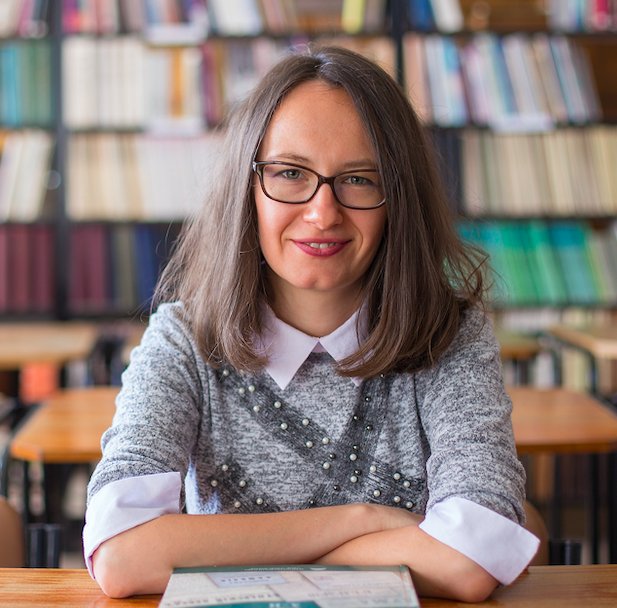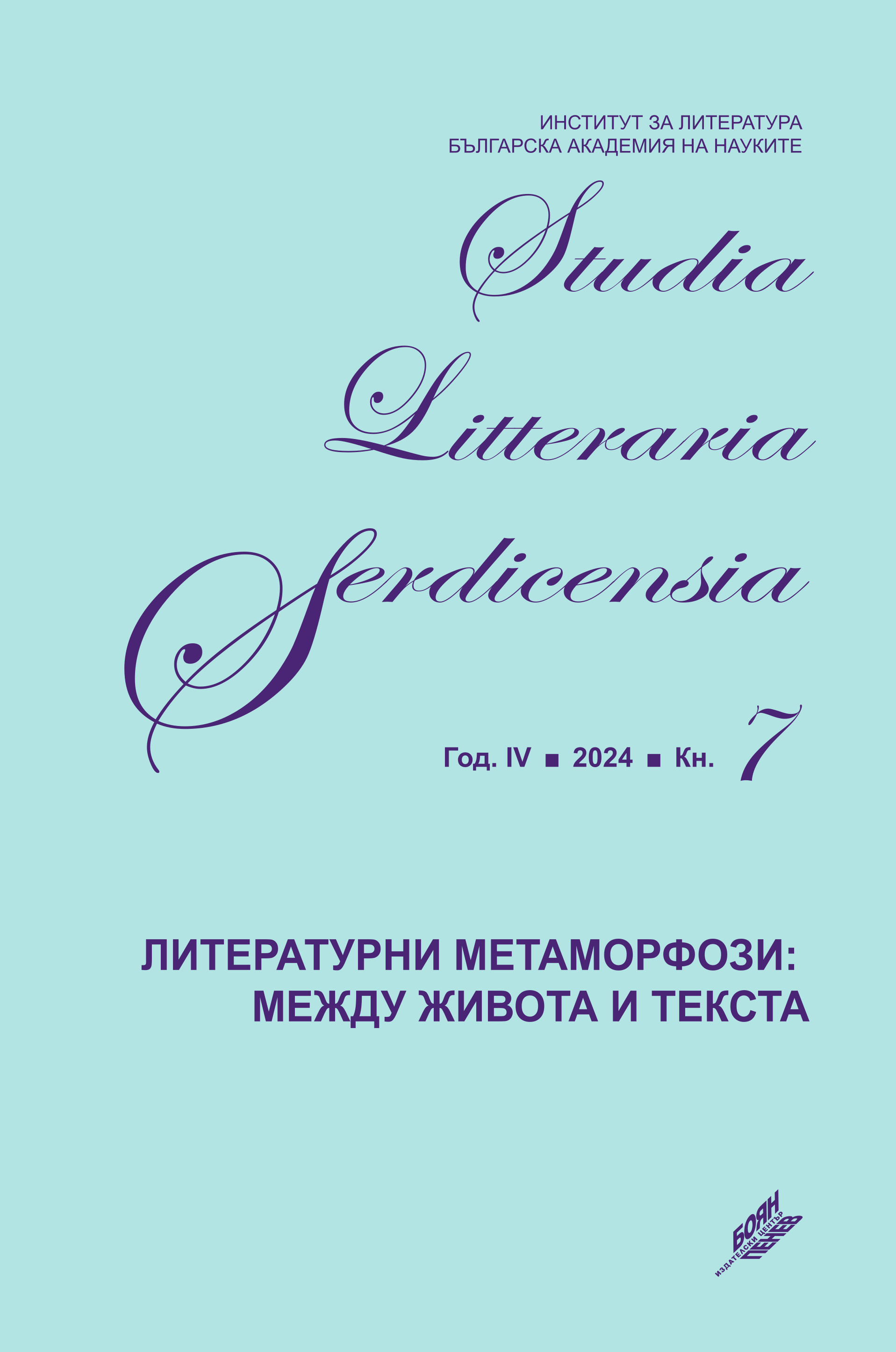The article examines the satirical poetry of Petar Dimitrov Protich, which fits into the ideas of the Bulgarian Revival, affirming the Bulgarian identity and opposing “the own” to “the other”. The main themes in his poetry are knowledge, education and the role of the scholar and intellectual in social development. Through his work P. Protich criticizes the Hellenophilia among the Bulgarians and other Balkan peoples in the 19th century, ridicules the uncritical attitude towards Greek influences, and also the object of his satirical pen are folk superstitions and ignorance. Some of his most emblematic foreign- language works, which have not yet been translated into Bulgarian (except “Η Γραικομανία”, translated by Afr. Alexieva), are “La voix de la Bulgaria”, “Ο Εξελληνισμός”, “Le turcoman”, “Le passage du Danube”, “To the right hon. W. E. Gladstone, M. P.”, “Le repatrié”. The social and ideological line, the vivid portrayal of the Balkan syndrome in the poems of the Greek graduate to some extent at the expense of their literary merits. The notion of the “other” in the satirical poems of Petar Protich comes close to the massively embodied negative image in the artistic, historical and journalistic texts of the Bulgarian 19th century.
THE IMAGE OF THE “OTHER” IN THE SATIRICAL POETRY OF PETER PROTYCH
-
YEAR: КНИГА 7PUBLISHED ON :
PUBLISHER: INSTITUTE FOR LITERATUREISSN (Print): 2738-7631ISSN (Online): 2815-2999
-
-

- NAME: Andriana Spasova
- INVERSION: Spasova, Andriana
- E-MAIL: [email protected]
- INSTITUTION: Institute for Literature – Bulgarian Academy of Sciences
- COUNTRY: Bulgaria
- ORCID: 0000-0002-0159-5347
Andriana Spasova (1987) – PhD (2017), Assistant Professor (2018–2020), Chief Assistant Professor (2020) at the Institute for Literature, Bulgarian Academy of Sciences. She is a postdoctoral fellow of the National Program ‘Young Scientists and Postdoctoral Students’ with her project ‘Reception and Digitalization of the Unexplored Manuscript Heritage of Nayden Gerov’ (2019–2021). ‘Ancient Reminiscences in the Revival Literature’ (2020) is her first scientific book, defended as a doctoral thesis, which won second prize in the competition for Young Scientists (2021). Her research interest is related to the tracing of the first receptions of classical antiquity and its samples in the cultural-historical situation of the Bulgarian 19th century, the problems of national identity and cultural memory, handwritten textbooks and letters of Nayden Gerov.
-
-
 ABSTRACT
ABSTRACTThe article examines the satirical poetry of Petar Dimitrov Protich, which fits into the ideas of the Bulgarian Revival, affirming the Bulgarian identity and opposing “the own” to “the other”. The main themes in his poetry are knowledge, education and the role of the scholar and intellectual in social development. Through his work P. Protich criticizes the Hellenophilia among the Bulgarians and other Balkan peoples in the 19th century, ridicules the uncritical attitude towards Greek influences, and also the object of his satirical pen are folk superstitions and ignorance. Some of his most emblematic foreign- language works, which have not yet been translated into Bulgarian (except “Η Γραικομανία”, translated by Afr. Alexieva), are “La voix de la Bulgaria”, “Ο Εξελληνισμός”, “Le turcoman”, “Le passage du Danube”, “To the right hon. W. E. Gladstone, M. P.”, “Le repatrié”. The social and ideological line, the vivid portrayal of the Balkan syndrome in the poems of the Greek graduate to some extent at the expense of their literary merits. The notion of the “other” in the satirical poems of Petar Protich comes close to the massively embodied negative image in the artistic, historical and journalistic texts of the Bulgarian 19th century.
SUBJECT

